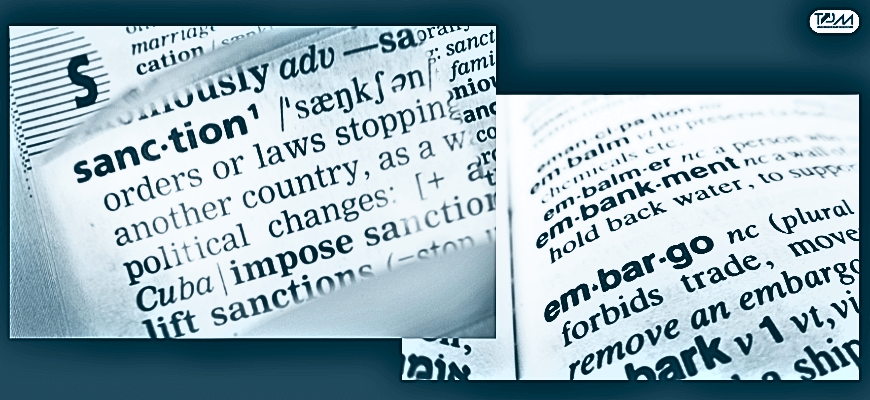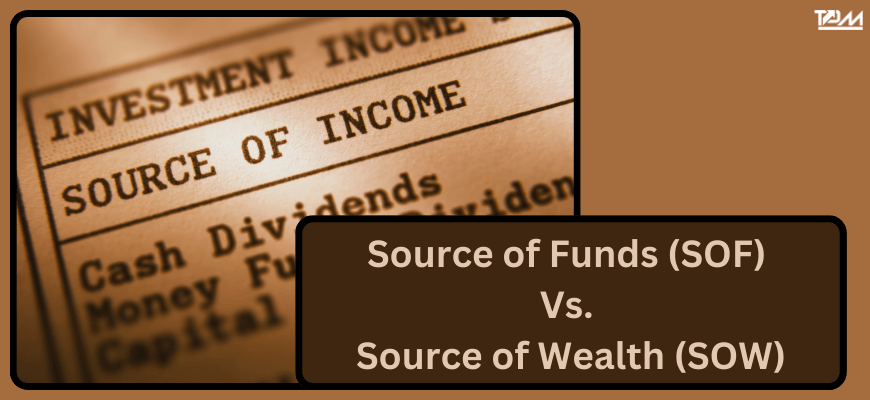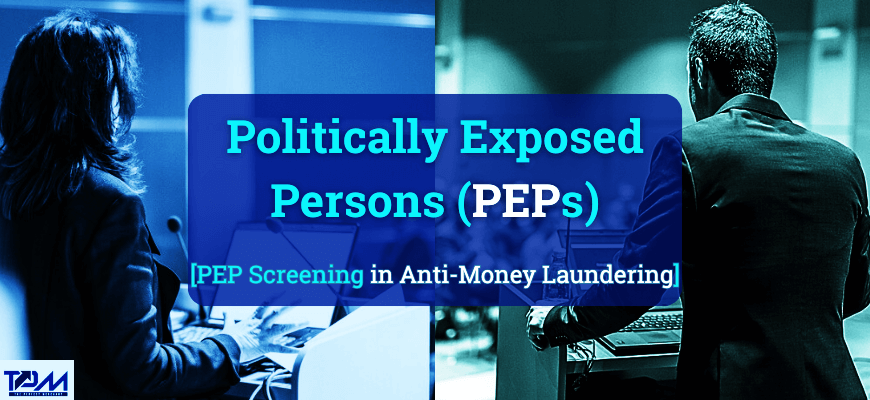
Oct
Once a PEP, Always a PEP: Why Financial Systems Keep Tabs on Former Officials
“Once a PEP, always a PEP” is a rule that drives how banks and other financial institutions handle accounts for politically exposed persons (PEPs). The term PEP refers to people with public influence—like politicians or top government officials—who could misuse…
Read More
Aug
Sanctions Vs. Embargo—What’s the Difference?
Sanctions are targeted and specific, while embargoes are comprehensive and broad-reaching. Let’s learn all about sanctions vs. embargo in AML in this article. To begin with, sanctions and embargoes are economic tools used in international relations to influence the behavior…
Read More
Jul
Source of Funds vs. Source of Wealth (SoF vs. Sow)
SoF refers to the origin of the funds involved in a transaction, while SoW pertains to the total accumulation of a customer's wealth over time. In the context of SoF vs. SoW, banks, and financial institutions place significant emphasis on…
Read More
May
What Is Adverse Media (Or Negative News) Screening in AML?
At its core, adverse media refers to any unfavorable information that could adversely affect the evaluation of a subject's integrity or creditworthiness. Adverse media screening spans a range of content from news articles and blog posts to legal filings and…
Read More
Mar
What is PEP Screening in Anti-Money Laundering?
PEP screening is a critical component of a comprehensive anti-money laundering (AML) program. Financial institutions and other obligated entities implement PEP screening processes to identify and manage risks associated with persons who may have opportunities to acquire assets through illicit…
Read More
Feb
What Is AML Sanctions Screening? [A Comprehensive Guide]
What is Sanctions Screening? Sanctions screening is an inevitable part of an AML-CFT compliance program for financial and obligated entities to guard themselves against inadvertent criminal misconduct. This process entails matching company records with global sanctions lists to flag individuals…
Read More